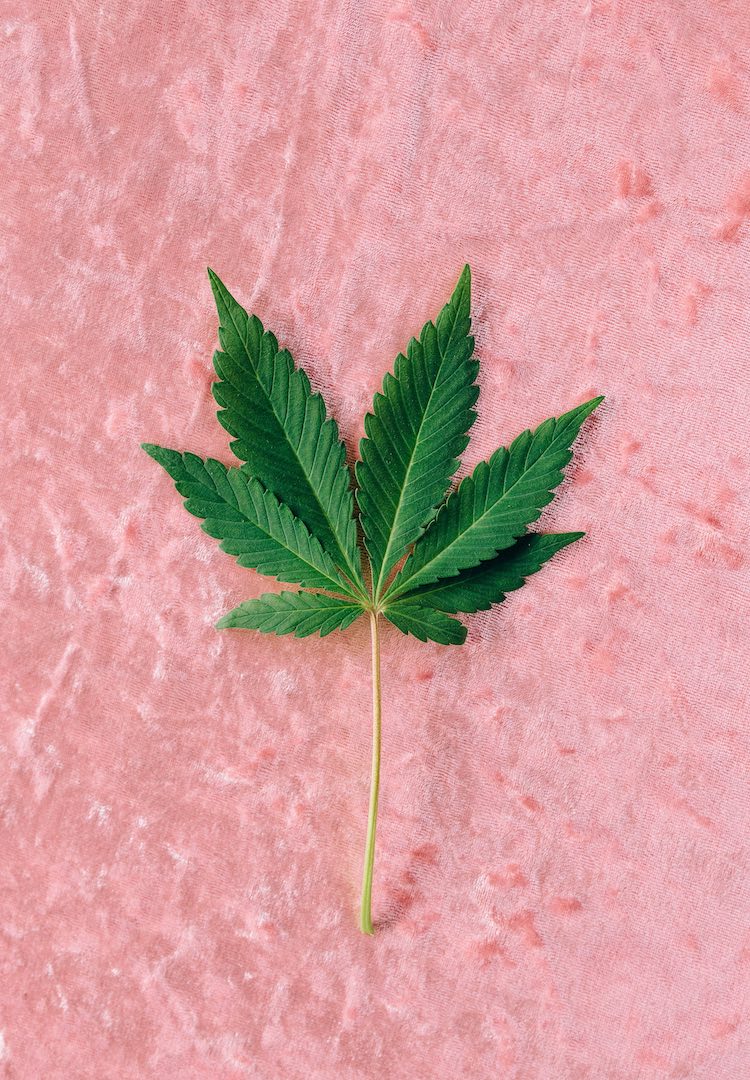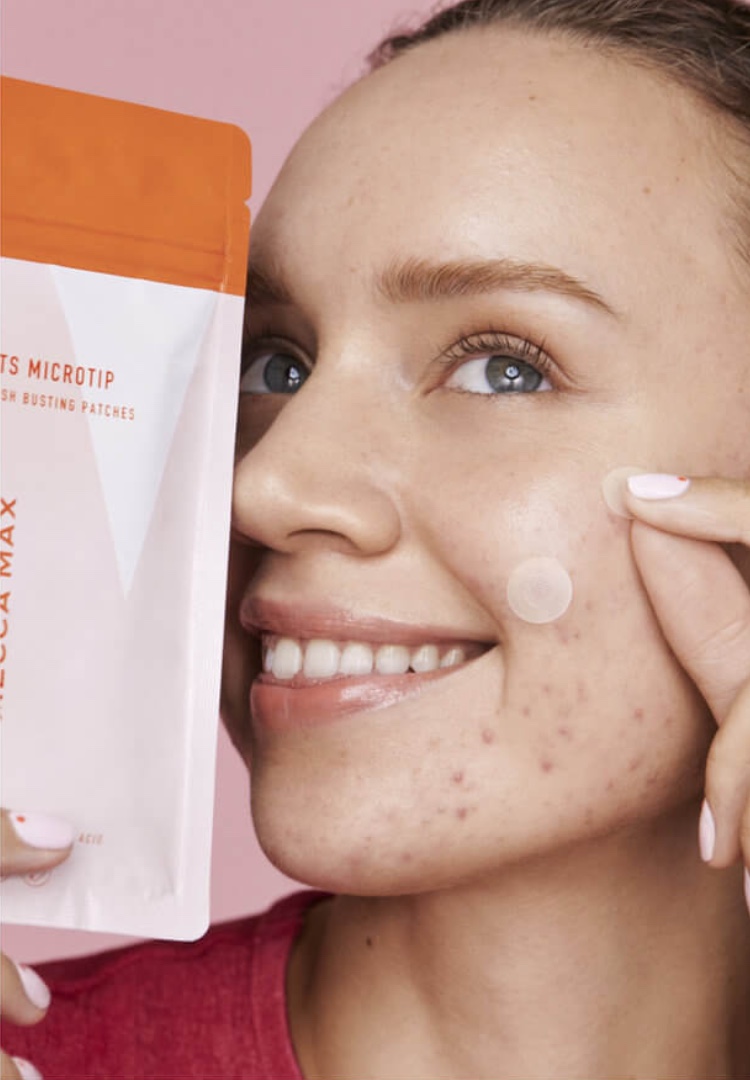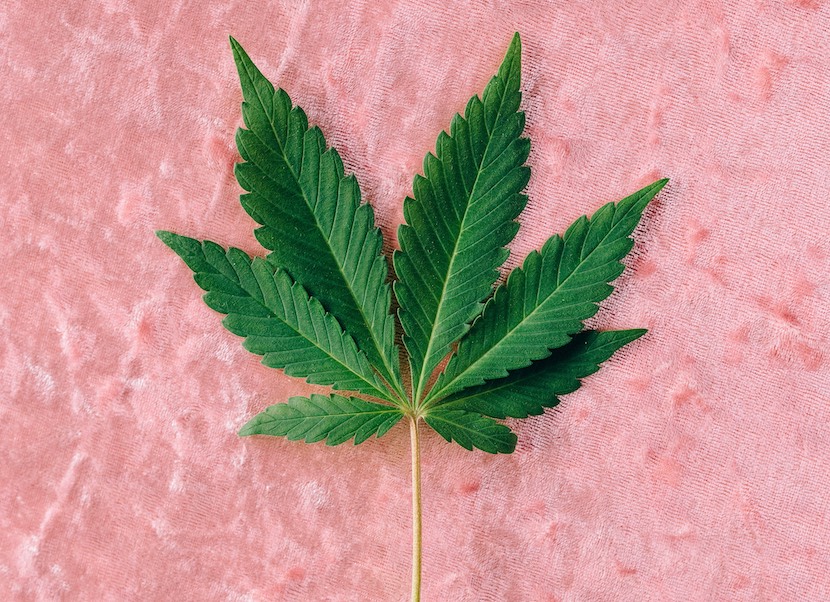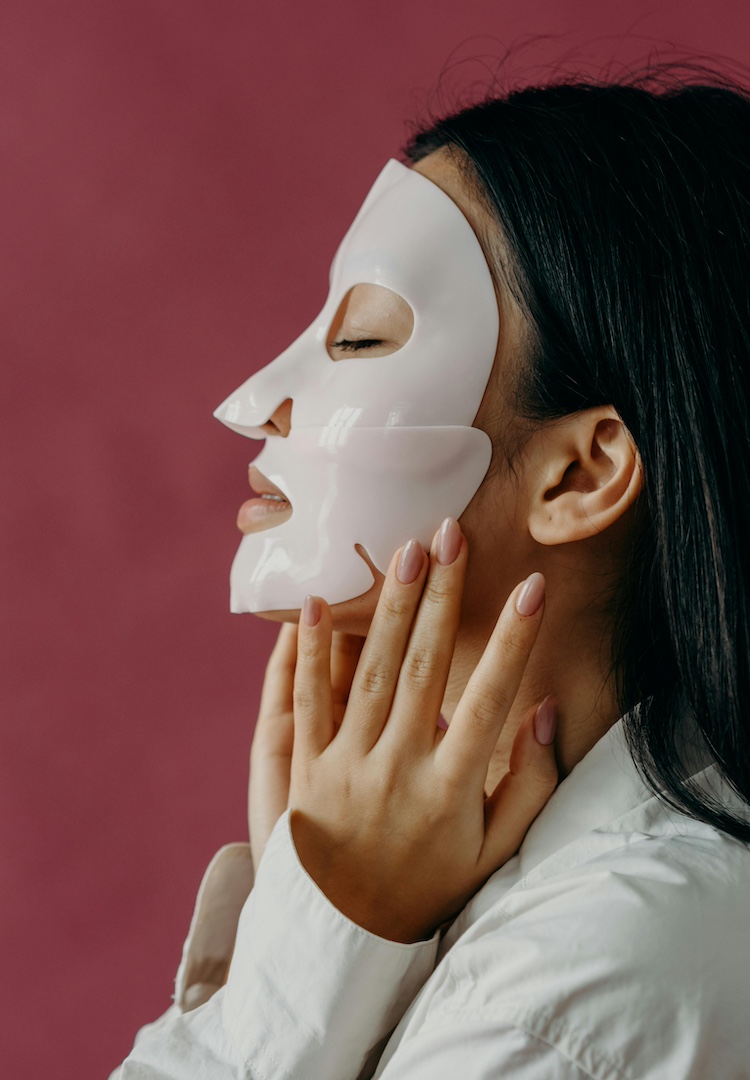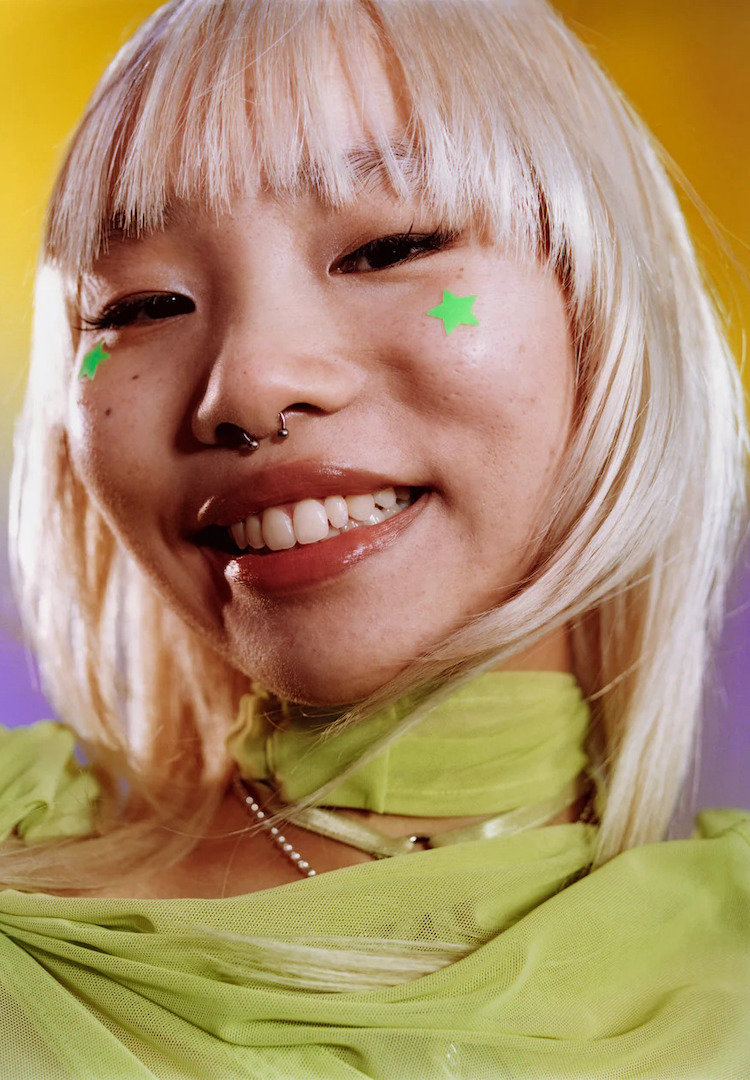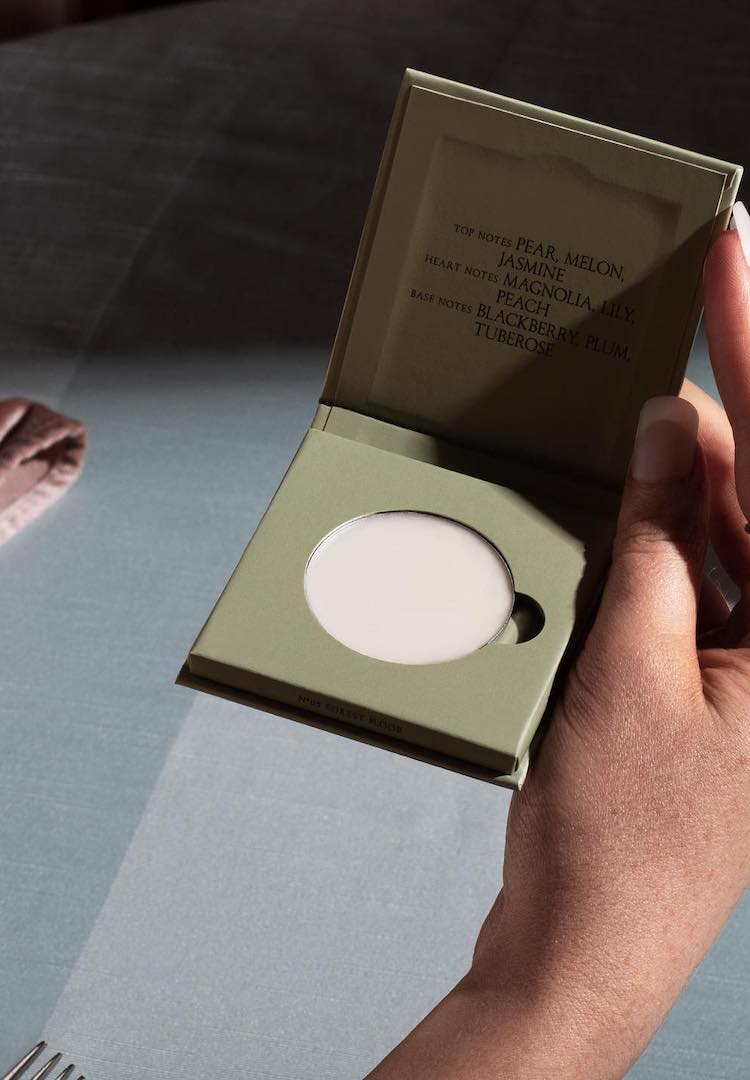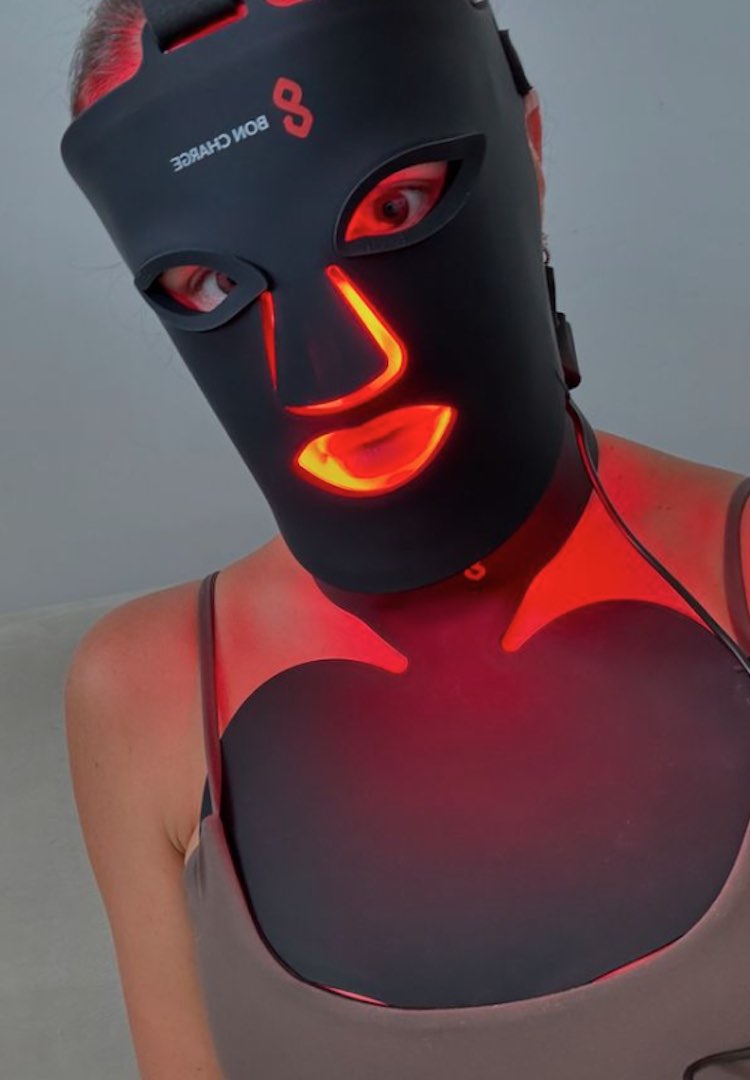Two dermatologists explain the benefits of hemp skincare
WORDS BY KARTYA VUCETIC
No, it won’t get you high (but it will make your skin look great).
When I initially heard about hemp skincare, I immediately assumed it was the shiny, new gimmicky product on the beauty market – nothing new, nothing game-changing. As much as I hate to admit it, I was wrong.
As a skincare enthusiast (and purist), I’ve regularly crowed to my friends about my perfected routine. Bordering on what’s now a personality trait, I had previously been hesitant to throw anything new into the mix. It was partly out of my fear of change, but mostly due to the vivid memories of my pubescent acne (not pictured here).
We like nosy people. Don’t be shy, head to our Beauty section for more.
That was all until I tried the hemp-based skincare range from Koko & Kush – a risk that, so far, has paid off. After digging a little deeper into the topic, I realised I was far from the first person to be jumping on the hemp skincare train. So I decided to talk to dermatologists Rosemary Nixon and Amreeta Kaur from Melbourne’s Skin Health Institute to get to the bottom of this 420 skincare rage.
What actually is hemp skincare?
Not to be confused with cannabidiol oil (also known as CBD oil), “hemp seed oil is a fatty oil obtained from cold-pressing hemp seeds from the cannabis sativa L plant,” Rosemary explains. She adds that unlike the former, “which is made from different parts of the plant including the leaves, stalks, and flowers”, hemp seed oil only contains traces of THC, meaning it doesn’t require a prescription in Australia.
“Hemp seed oil is rich in two essential polyunsaturated fatty acids; omega-6 (linoleic acid), and omega-3 (alpha-linolenic acid),” Amreeta says. Studies have even shown that in this department, hemp seed oil exceeds its counterparts of grapeseed, olive and sunflower oil.
“This composition resembles the skin’s natural lipids and is thought to have beneficial effects, being both anti-inflammatory and increasing moisture retention,” she adds. To top it all off, Rosemary explains that hemp seed oil’s composition of essential fatty acids has “an anti-aging effect as it contains vitamins and antioxidants which can promote healthy skin”.
Being a naturally non-comedogenic ingredient means it’s also suitable for use on all types of skin, but potentially added preservatives and fragrances mean that each product should be tested on a small area of skin first. So yes, although I’m reluctant to admit it, I was far off the mark when previously judging this skincare secret.
Forget the science for a moment – what’s more important is whether or not it actually works. After trying it for myself, I was pretty amazed at the immediate results. I’ve only been using the Koko & Kush range for a short while, but I am surprised at how hydrated it left my skin without weighing it down.
For a combination skin girlie who’s started the annual winter battle with perioral dermatitis, again, it typically takes a small army of products for me to feel that way. But if my personal case isn’t persuasive enough, here’s what you should know.
It helps fight acne and controls oil production
“Hemp seed oil is thought to hydrate, moisturise and nourish the skin,” Rosemary says. “It also has anti-inflammatory effects on the skin due to its composition of essential fatty acids.” In less scientific terms, it’s meant to leave you glowy rather than greasy.
This makes it perfect for anyone battling with acne caused by excess oil production. And to all my oily-skinned friends who’d hand over their firstborn before adding oil into their skincare routine – don’t fret, we’ve been assured these benefits still apply to you.
Hemp seed oil also has antimicrobial properties ideal for fighting acne, making it a natural and far more gentle alternative to those cleansers and serums promising to eradicate bacterial buildup. Its anti-inflammatory properties also mean it’ll not only kick the zit but reduce the redness too.
It soothes eczema, dermatitis and psoriasis
As someone who has been personally victimised by dermatitis for longer than I can remember, I was sceptical about hemp seed oil’s ability to soothe these types of skin conditions. While Rosemary notes more studies are required in this area to determine it’s safe to use, she explains that “as a rule, oils are more helpful for dry skin conditions like eczema”.
For me, it’s too early to tell whether I’ll be able to dump the steroids for the sativa. What I can confidently say is right now, it’s definitely doing no harm.
It promotes anti-ageing
Particularly for younger people, battling skin dehydration is typically the first step in fighting anti-ageing. However, for those looking for something a little stronger, Rosemary and Amreeta both explain the vitamins and antioxidants in hemp seed oil can also have anti-aging effects. More efficient collagen and lipid synthesis in the skin also means that you can expect fine lines, wrinkles and other signs of ageing to be reduced.
For more on hemp skincare, head here


